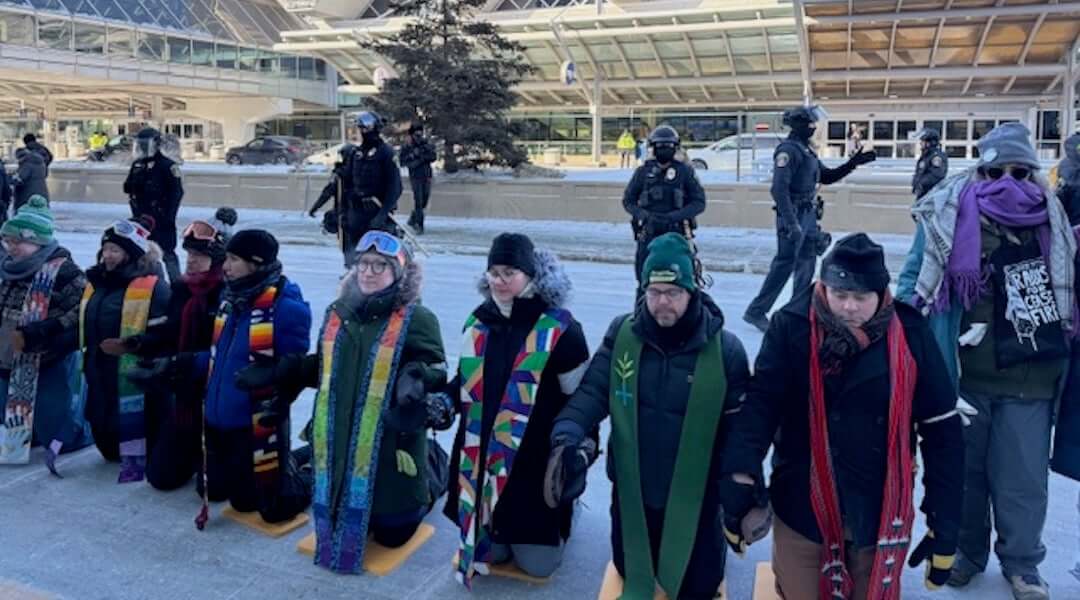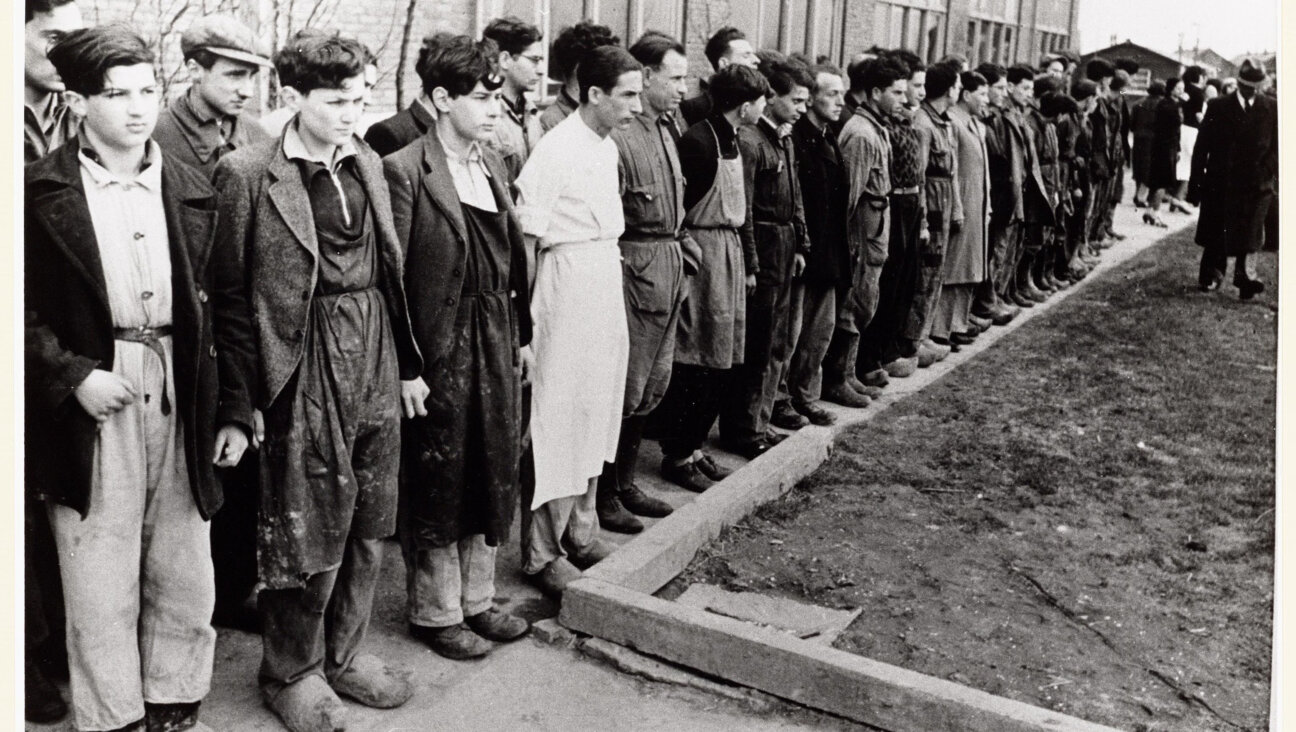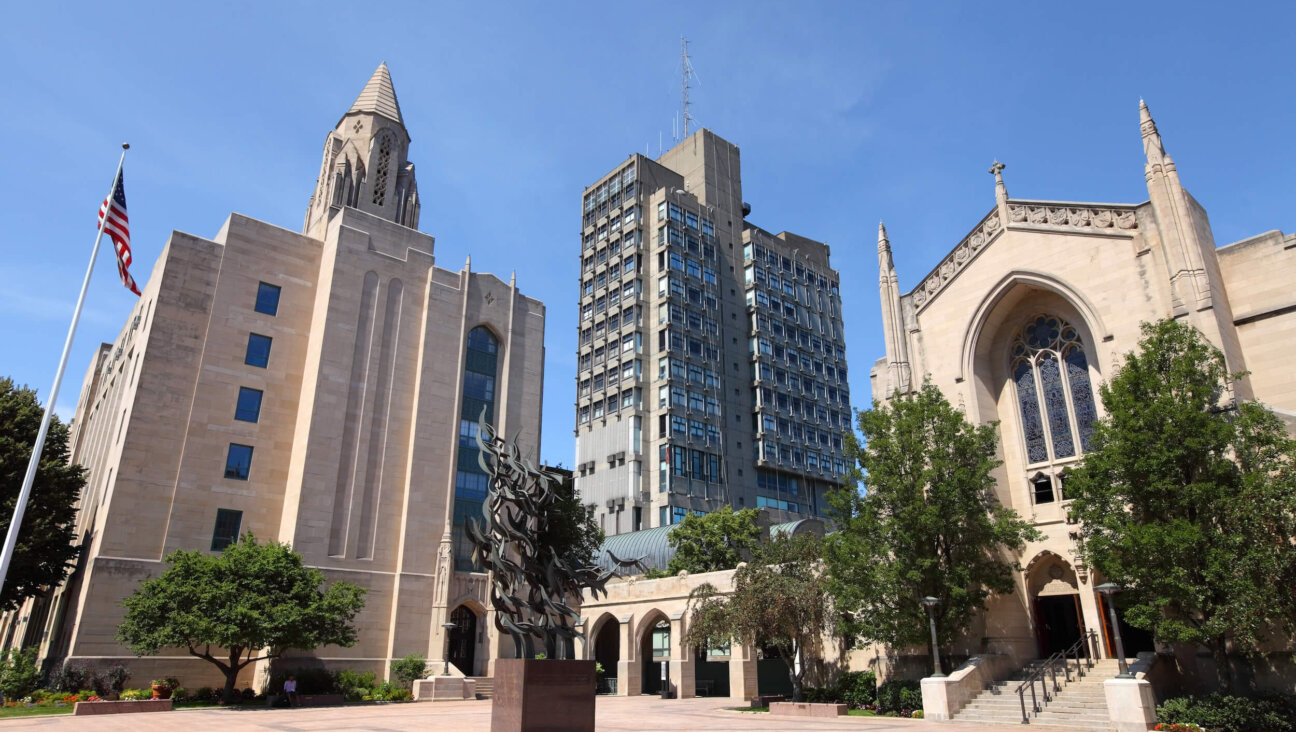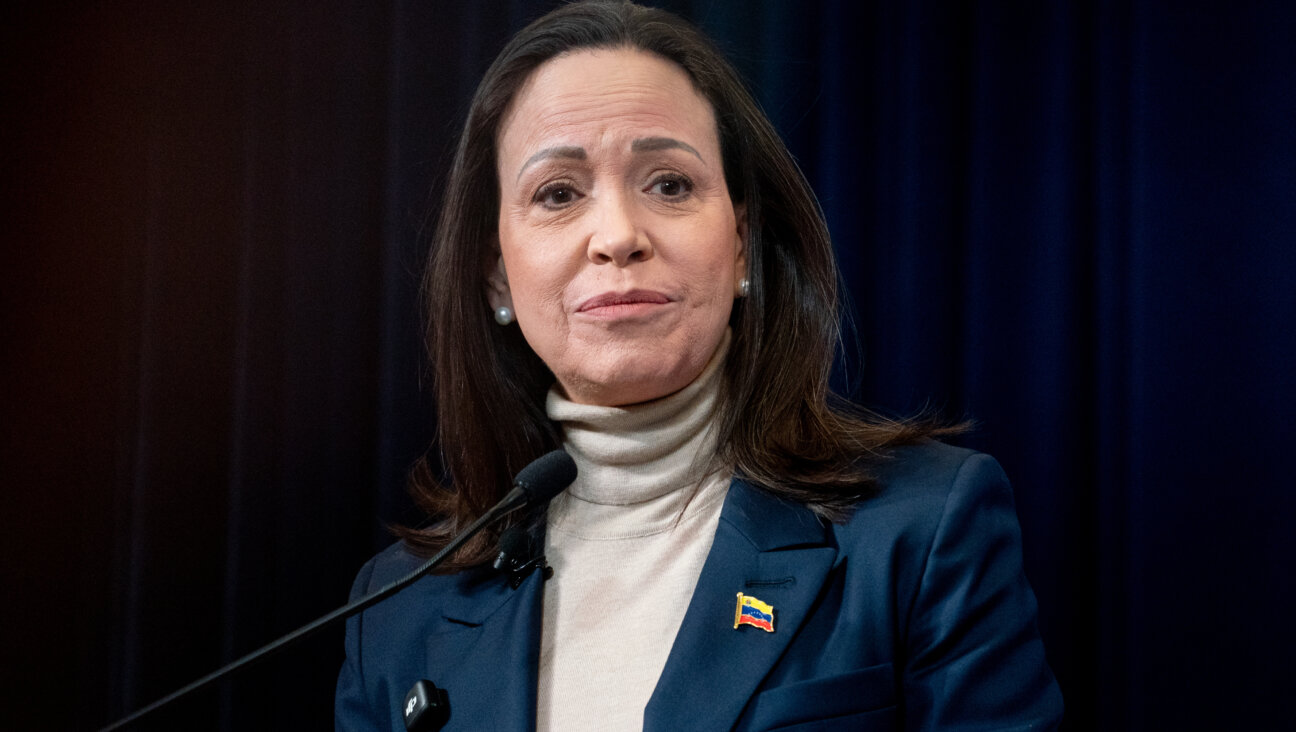Israel Launches Major Gaza Offensive
Israel launched Saturday morning the start of a massive offensive against Qassam rocket and mortar fire on its southern communities, targeting dozens of buildings belonging to the ruling Hamas militant group.
Palestinian medical sources said that at least 205 people had been killed in the strikes, which began with almost no warning at around 11:30 a.m. local time.
Egypt has opened its long-sealed border with Gaza to allow in the wounded for medical treatment. Hamas said that the attacks had caused widespread panic in the Strip.
The first wave of air strikes was launched by a 60 warplanes, which hit a total of 50 targets in one fell swoop. The IAF deployed approximately 100 bombs, with an estimated 95% of the ordnance reaching its intended target. Most of the casualties were Hamas operatives.
A Hamas spokesman on Saturday vowed they would not surrender in the face of IDF attacks in the Gaza Strip, and that Israel would not break their “resistance to the occupation.”
The spokesman added that Hamas would not “raise a white flag” of surrender and would respond with all means available at their disposal.
Prior to the operation, Israel sought to catch Hamas off guard by luring it into a false sense of security through certain measures, including the opening of Gaza border crossings on Friday.
Immediately following the first wave, some 20 IAF aircraft struck 50 Palestinian rocket launchers in an effort to minimize Hamas’ retaliatory strikes.
The IDF emphasized that civilians located in areas whence Palestinians launch rockets and who quarter Hamas operatives in their homes are liable to be hurt.
The targets that were hit included training camps and installations as well as police stations, some of whom were located in civilian buildings.
–With Haaretz Service and News Agencies
The IDF chief of staff is holding nonstop consultations with officers. Senior military officials characterize the strikes as part of a “rolling operation” and have thus begun a sporadic enlistment of the reserves, particularly in smaller units.
Top IDF brass anticipate difficult days ahead, warning that the operation will extend beyond the next couple of days.
The strikes follow a decision by Prime Minister Ehud Olmert’s security cabinet to intensify Israel’s response to cross-border attacks on Israel.
The Israel Defense Forces warned Saturday that the airstrikes “will continue, will be expanded, and will deepen if necessary.”
The Prime Minister’s bureau issued a statement on Saturday following the IAF strikes in Gaza.
“The operation was launched following the violation of the terms of the lull by Hamas and the unceasing attacks by Hamas authorities on Israeli civilians in the south of the country,” the communique read.
“The decision on the attack was made Wednesday during a meeting of the security-diplomatic cabinet, which instructed the IDF to act in order to bring a prolonged halt of missile fire and terrorist attacks from the Gaza Strip,” the prime minister’s bureau said.
“The cabinet authorized the prime minister, the defense minister, and the foreign minister to determine the timing and the method of operation in accordance with the cabinet decision, which was unanimously reached. The three [ministers] decided to [approve] the execution of the air force attack on Saturday morning.”
“Israel wishes to make clear that it will continue to act against terrorist operations and missile fire from the Strip which is intended to harm civilians.”
“We face a period that will be neither easy nor short, and will require determination and perseverance until the necessary change is achieved in the situation in the south,” Defense Minister Ehud Barak said.
Hamas ended its six-month cease-fire with Israel ended on December 19 — a day before it was due to expire — and the number of rockets fired at Israel from Gaza, which had dwindled significantly, returned to pre-truce levels. Dozens of Qassams and mortars had been launched almost daily at Israeli communities near the Gaza border since Hamas declared the truce was over.
The IDF statement said its military strikes were predicated on precise intelligence amassed in recent months. The IDF said it is targeting a wide array of top Hamas officials.
At least two people were killed and 30 wounded from an attack in Khan Younis, a refugee camp in the south of Gaza.
TV footage showed bodies of more than a dozen black-clad security men lying on the ground in one area. Palestinian witnesses say one of the missiles struck Hamas police headquarters in Gaza City, with at least 50 people among the casualties in the attack.
The IAF strikes on the police headquarters killed police chief Tawfiq Jabber, Hamas radio reported.
Residents reported hearing at least 15 explosions. Many of Hamas’s security compounds are in residental areas, and the airstrikes took place as children were leaving school. Plumes of black smoke rose over Gaza City, sirens wailed through the streets and women frantically looked for their children.
The Reuters news agency reported that Gaza City port and security installations of Hamas had been badly damaged by the strikes.
Residents of the western Negev communities have received instructions from the authorities to remain in their homes and in bomb-proof rooms.
On Friday, Egyptian officials said that Egypt had begun boosting the security along its border with Gaza, in anticipation of the imminent IDF operation within the territory, fearing an Israeli incursion would result in a breach of the border.
In January, Hamas militants frustrated over the tightened Israeli closure of Gaza blew holes in the border partition, allowing hundreds of thousands of Palestinians to stream into Egypt unchecked for 10 days and stock up on food and other goods made scarce by the blockade.
Egyptian officials told Israel Radio, however, that Egypt is pressing on with efforts to prevent the escalation of violence in the region. The officials said that representatives on behalf of Egyptian Intelligence Chief Omar Suleiman have approached senior Hamas leader Mahmoud Zahar in the Gaza Strip and presented him with Egypt’s concerns.
Meanwhile, Palestinian militants fired dozens of mortar shells from the Gaza Strip overnight Thursday and early morning Friday, as the IDF prepared for action.
The mortars damaged one building, but no one was hurt in any of the incidents.















